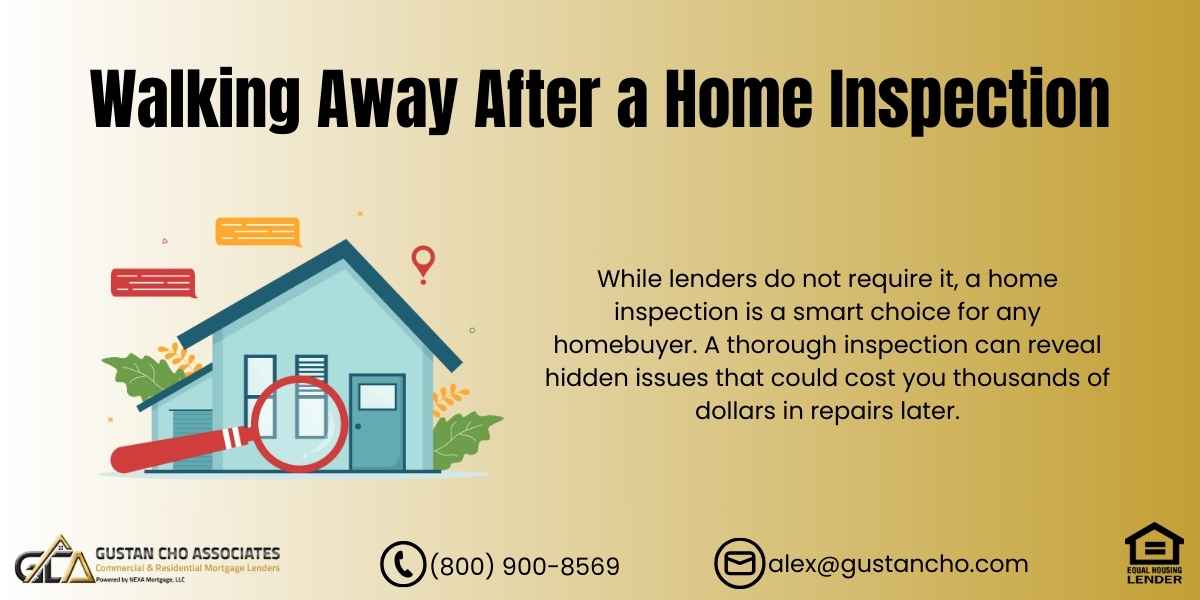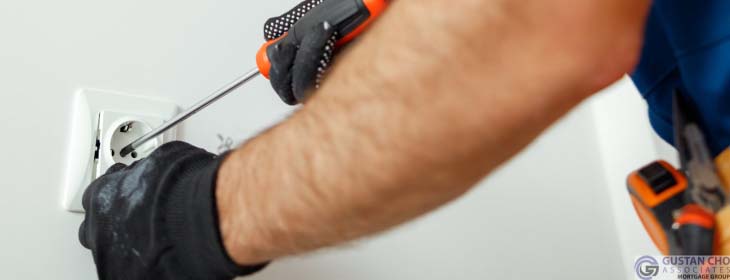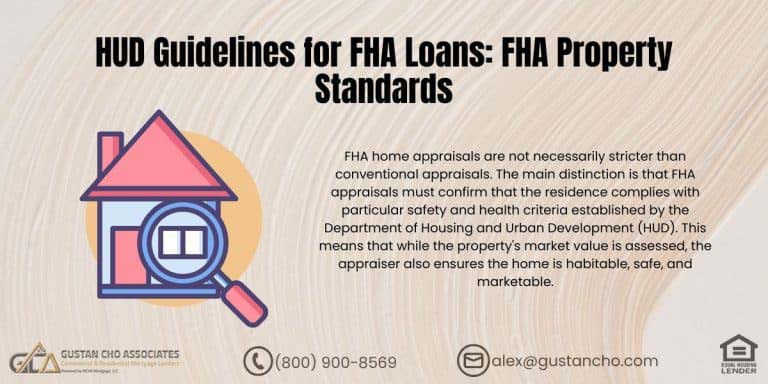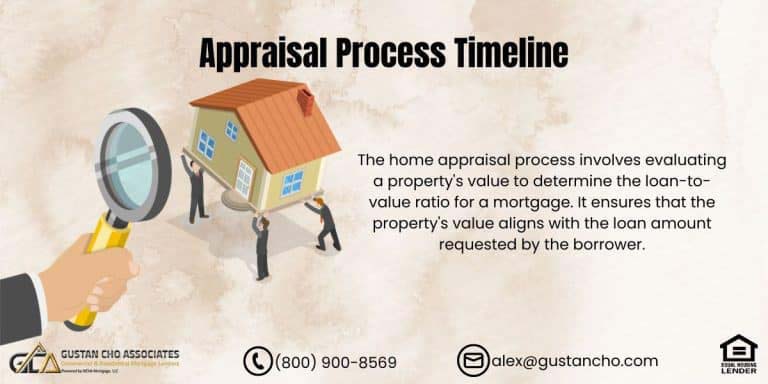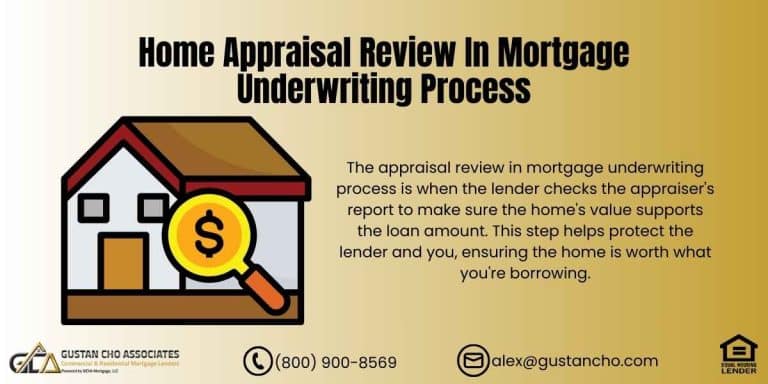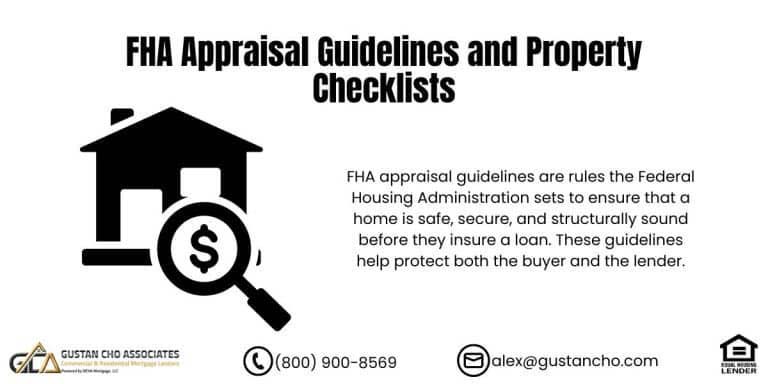Walking Away After a Home Inspection: A Smart Decision or a Risky Move?
Purchasing a house is among the most significant financial choices you will encounter. You’ve found the perfect house, toured it, and are ready to sign the papers. But there’s one more crucial step before committing: the home inspection.
While lenders do not require it, a home inspection is a smart choice for any homebuyer. A thorough inspection can reveal hidden issues that could cost you thousands of dollars in repairs later.
But what happens if the home inspection uncovers major problems? Is it wise to walk away after a home inspection? In this blog, we’ll explore why walking away from a home after an inspection might be the best decision you make. We’ll cover the common issues discovered during inspections when it’s time to walk away, as well as the latest insights to help you make an informed decision.
What is a Home Inspection, and Why Does It Matter?
A home inspection is a comprehensive check of a property’s overall condition conducted by a qualified home inspector. It typically happens after you’ve made an offer on a house before you finalize the deal. While a home inspection isn’t mandatory for a mortgage, it’s highly recommended. A professional inspector will check the structure, systems, and appliances of the home to uncover any issues that might affect its value or safety.
Unlike an appraisal, which states the home’s market value, a home inspection digs deeper. It looks for hidden issues such as faulty wiring, structural damage, mold, or foundation problems. In short, a home inspection helps you avoid purchasing a money pit.
The Difference Between a Home Appraisal and a Home Inspection
Many homebuyers confuse a home appraisal with a home inspection, but they serve very different purposes.
- Appraisal: This is an evaluation of the home’s market value. The appraiser checks if the home is worth the price you’re paying and assesses its general condition. However, they don’t inspect the home in detail.
- Home Inspection: This thoroughly examines the home’s systems, structure, and appliances. The inspector looks for issues that could cost you money down the road, such as mold, faulty wiring, or roof damage.
Start Your Process Towards Buying A Home
Apply Online And Get recommendations From Loan Experts
Why Home Inspections Are Crucial Before Closing a Deal
You might be asking, “If I’m paying so much for a house, shouldn’t the seller already have fixed any major issues?” Unfortunately, that’s not always the case. A home inspection allows you to:
- Identify Hidden Problems: Home inspections can reveal issues that aren’t visible during a casual walk-through, such as hidden water damage, mold, or faulty electrical wiring.
- Negotiate with the Seller: If major problems are found, you can use the inspection report to negotiate with the seller. This might include asking for repairs or requesting a reduction in the sale price.
- Avoid Expensive Repairs: Walking away from a house with significant issues can save you thousands of dollars in repairs. For example, foundation problems or a damaged roof can cost tens of thousands to fix.
While it’s always good to address minor issues, there are situations where walking away after a home inspection is the smartest choice.
When is Walking Away After a Home Inspection the Right Decision?
In some cases, the issues uncovered during a home inspection are too serious to ignore. Here are some of the most common problems that might make walking away the best decision:
1. Foundation Problems
The foundation is the most critical part of a house; if compromised, it can lead to extensive, costly repairs. Signs that your foundation may be experiencing problems include noticeable cracks in the walls, uneven flooring, and doors or windows that fail to close correctly. If the foundation is severely damaged, repairing it could cost tens of thousands of dollars, making the home unaffordable in the long run.
2. Roof Damage
A roof in poor condition can cause serious water damage to the interior of your home. If the home inspector finds leaks or potential roofing issues, it could signal the need for an expensive roof replacement. Depending on the size of the home and the extent of the damage, roof repairs or replacements can cost between $5,000 and $20,000.
If the roof shows signs of aging and requires replacement, walking away could spare you from a significant headache—and a considerable expense—down the line.
3. Mold or Asbestos
Mold and asbestos are serious health hazards that can be expensive to remove. If the home inspector finds signs of mold, you may need a specialist to evaluate its severity. The mold removal cost can be between $1,000 to $10,000, depending on the extent of the infestation. Asbestos, often found in older homes, can also require costly remediation. Older homes may have asbestos. Mortgage lenders may require an asbestos inspection on homes built prior to 1975. Asbestos is normally found on the insulation around water heating systems, pipes, and ducts.
4. Faulty Electrical or Plumbing Systems
Faulty electrical wiring or plumbing issues can pose safety risks and require expensive repairs. Electrical problems, such as outdated wiring, can be a fire hazard and must be replaced, costing several thousand dollars. Similarly, plumbing problems, such as leaks or aging pipes, have the potential to lead to significant water damage and can incur hefty repair costs. Addressing these issues promptly is crucial to avoid further complications.
5. Well, Septic or Sewer Issues
Homes with well water or septic systems require special inspections, as issues can lead to significant repair costs. A new well can cost over $10,000 to install, and septic system repairs can easily run into the thousands. If these systems are not functioning properly, you could face hefty costs to fix or replace them.
6. Termite Damage
Termite damage can go unnoticed until it’s too late, and it can cause serious structural damage to the home. A termite inspection is especially important in areas where termites are common, and some lenders may require it. The expense associated with repairing termite damage can vary significantly, typically ranging from just a few hundred dollars to potentially several thousand. This fluctuation largely depends on the extent of the damage.
Take First Step Toward Homeownership With Employment Offer Letter
Apply Online And Get recommendations From Loan Experts
Should You Walk Away from a House with Termites or Mold?
Both termites and mold can significantly affect the home’s structural integrity and health. If a home inspector finds signs of termites or mold, it’s essential to assess the extent of the damage. Termites can cost up to $3,000 to treat and repair, while mold remediation can range from $1,500 to $10,000. If these issues are severe, it might be best to walk away from the deal to avoid future health and financial troubles.
Flood Zones and Geological Concerns
In some areas, homes are in flood zones or unstable land. While home inspectors typically don’t conduct geological assessments, they may recommend further inspections if the property is in a flood zone or has signs of land instability. Geological reports can cost between $1,500 and $5,000 but can help you avoid buying a home in a high-risk area.
Home Inspection on Room Additions, Finished Basements, and Attics
If the subject property has had a room addition or finished basement and/or attic, homebuyers need to find out whether the addition or remodeling was done per code. Buyers need to make sure there are no electrical, plumbing, or HVAC hazards. Room additions will require permits. Need to ask to see copies of permits, drawings, and certificates of occupancy from the city. If work has been done without proper permits, make sure that the work has been done per code and that there are no potential hazards.
Inspection of homes can be quite costly if it goes beyond the basic home inspection. However, a home purchase is probably the biggest investment a person will have and if the home inspector recommends specialty inspections such as well and septic inspection, termite inspection, structural inspection, or other inspections due to signs of potential defects, then the money spent on an inspection will be worth every penny.
What Happens if You Decide to Walk Away?
If you decide that the issues found during the inspection are deal-breakers, you have the right to walk away from the sale, but there are a few things to keep in mind:
- Earnest Money: When you make an offer on a house, you typically provide earnest money to show you’re serious about the purchase. If you back out of the deal due to inspection findings, you can usually get this money back as long as your contract includes an inspection contingency.
- Non-refundable Inspection Fees: While your earnest money may be refunded, the home inspection cost is usually non-refundable. These fees generally range between $300 and $500. However, when you factor in the significant savings from steering clear of a troublesome property, this investment truly proves its value.
- Negotiation: Before walking away, it’s often a good idea to try negotiating with the seller. Depending on the inspection results, you can ask them to fix the issues or offer a credit to help cover repair costs. In some cases, sellers may be willing to negotiate to avoid losing the deal.
Walking Away or Negotiating? Which Is the Best Option?
Walking away might be the right decision if the home inspection uncovers significant issues. However, it’s worth discussing the findings with your real estate agent and exploring your options. In certain situations, you may have the opportunity to negotiate a reduced price or request the seller to carry out repairs, enabling you to proceed with the transaction.
The Bottom Line: Why You Should Consider Walking Away After a Home Inspection
Walking away after a home inspection can be wise if significant issues are uncovered. From foundation damage to mold or termite infestations, these problems can cost you thousands of dollars in repairs. By walking away, you can save yourself from a financial burden and avoid a home that will cost you more in the long run.
Ready to Secure Your Mortgage with Gustan Cho Associates?
At Gustan Cho Associates, we understand that buying a home is a big decision. Whether you’re a first-time homebuyer or looking to refinance, our team is here to help.
We provide various mortgage solutions tailored to your requirements, even if you’ve faced difficulties in the past. If you’ve walked away from a home inspection and are ready to find the perfect property, contact us today.
Let us help you navigate the mortgage process and find the best financing options for your new home. Apply now! Call or text us at 800-900-8569 or email alex@gustancho.com
for expert advice and assistance. Don’t let hidden problems stop you from getting your dream home — we’re here to make the process smooth and easy.
Get Pre-Approved Today with Gustan Cho Associates and move one step closer to homeownership
Apply Online And Get recommendations From Loan Experts
Frequently Asked Questions About Walking Away After a Home Inspection:
Q: What Does “Walking Away After a Home Inspection” Mean?
A: It means you choose not to buy the house after the inspection shows too many big problems.
Q: Why Should I Get a Home Inspection?
A: To find out if there are any hidden problems with the house that could cost you a lot of money later.
Q: Can I Still Get My Earnest Money Back if I Walk Away After a Home Inspection?
A: Yes, you usually can, as long as the home inspection is included as a condition in your offer.
What are Some Big Problems Found in Home Inspections That Might Make me Want to Walk Away?
A: Things like bad foundations, roof damage, mold, or electrical or plumbing system issues are often found during home inspections.
Q: What’s the Difference Between a Home Appraisal and a Home Inspection?
A: An appraisal tells you how much the home is worth, while an inspection checks for problems in the house, like safety issues or broken systems.
Q: Is the Money I Paid for the Home Inspection Refundable if I Walk Away?
A: No, the money you pay for the home inspection is usually not refundable.
Q: Should I Negotiate Repairs With the Seller Instead of Walking Away?
A: Absolutely, engaging in negotiations with the seller is a viable option. You can request that they address the issues directly or propose a reduction in the price to account for necessary repairs. This can help you secure a better deal while ensuring the property meets your expectations.
Q: What if the House has Mold or Termites?
A: These are serious issues that can be costly to fix. Depending on how bad the problem is, you should consider walking away.
Q: What Happens if I Decide to Walk Away After the Home Inspection?
A: You can back out of the deal if the inspection finds big issues, and you can often get your earnest money back.
Q: How do I Know When it’s Right to Walk Away After a Home Inspection?
A: If the house needs major repairs that are too expensive or make the home unsafe, it’s smart to consider walking away.
This blog about “Walking Away After a Home Inspection” was updated on January 2nd, 2025.


